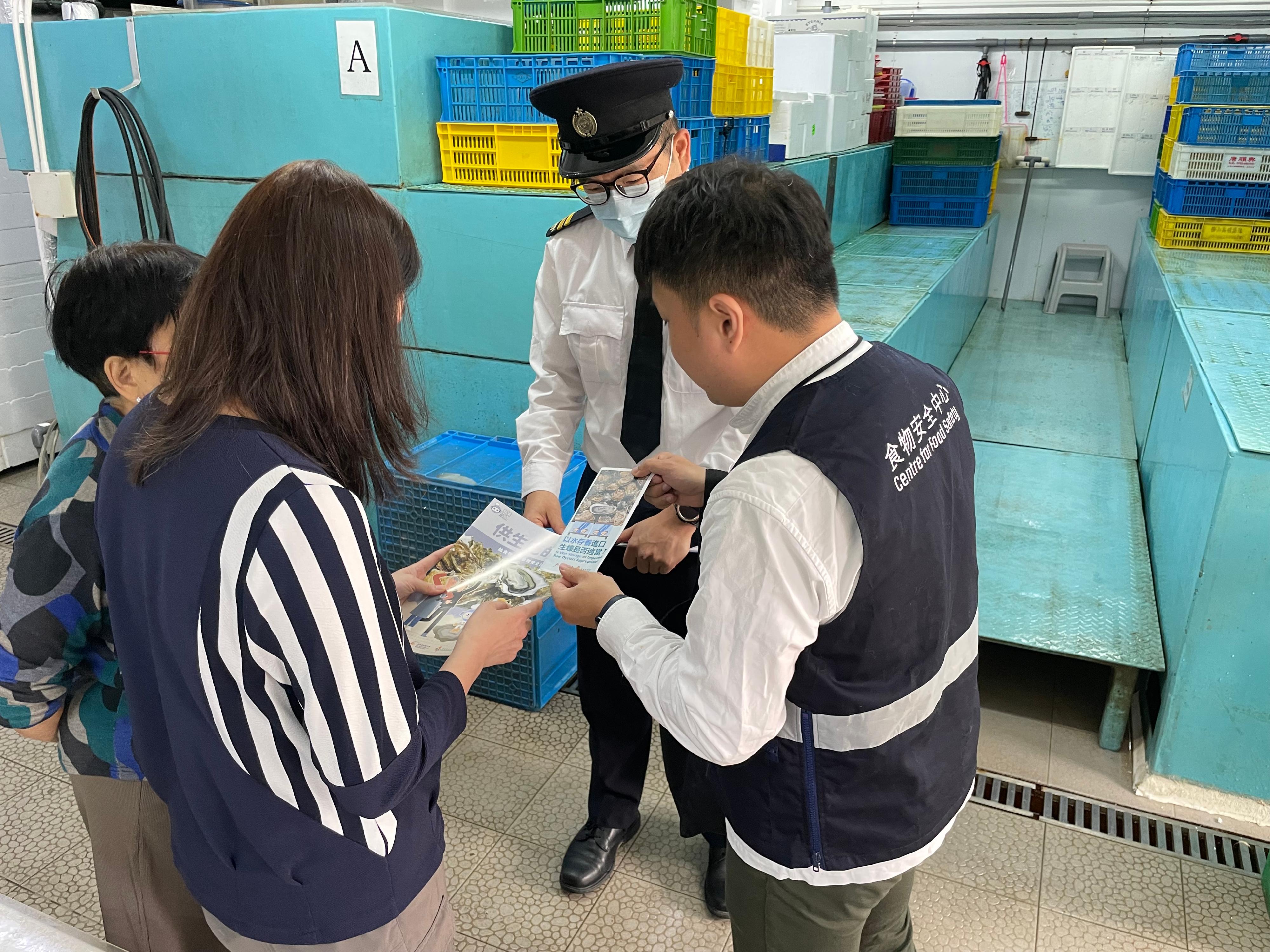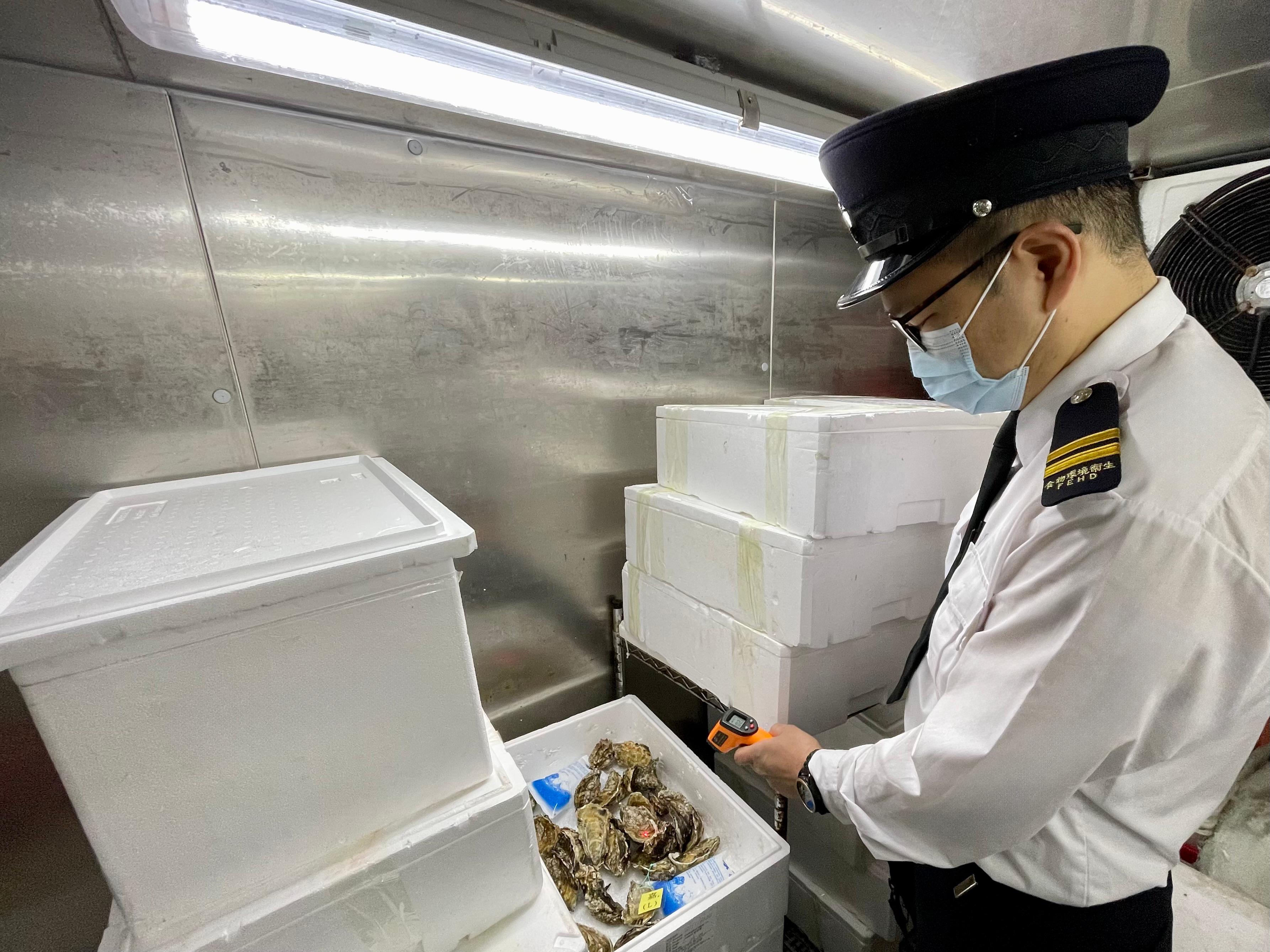The Department of Health (DH) today (February 2) announced that a one-stop sexual health service for sexual minorities, namely The Commons, will be launched next Monday (February 5) at Yau Ma Tei Integrated Treatment Centre (YMTITC) under the DH's Special Preventive Programme. With the introduction of The Commons, a total of three programmes covering a comprehensive range of services for HIV prevention are under YMTITC, which is located on 7/F, Yau Ma Tei Jockey Club Polyclinic, with the other two being AIDS Counselling and Testing Service as well as Therapeutic Prevention Clinic.
In addition to the provision of screening for HIV and viral hepatitis, sexual health assessment, testing and treatment of specific sexually transmitted infections, The Commons will also proactively identify people in need of counselling, including those who are affected by the practice of high-risk behaviours. Meanwhile, The Commons is committed to maintaining and fostering close collaborations and mutual support with non-governmental organisations, leveraging the efficiency at the primary healthcare level to maximise its impact on disease prevention.
Taking reference from the recommendation by the World Health Organization and the Joint United Nations Programme on HIV/AIDS, the DH has set up The Commons under a person-centred care concept with an aim to catering for the diverse needs of service recipients and delivering a one-stop integrated service. As its name implies, The Commons carries the mission to converge the power of caring and inclusivity from stakeholders, paving and walking the path together with service recipients. The Commons serves to address the overall wellbeing of individuals seeking its services. It is expected that this integrated programme can be tailored to provide appropriate and accessible prevention services to meet the needs of people with high infection risks.
People who are in need of the services provided by The Commons should approach designated organisations for initial assessment prior to referral. For details of The Commons and designated referral organisations, please visit www.aids.gov.hk/english/itc/consultation.html.
Since the first case of HIV/AIDS was reported in Hong Kong in 1984, the DH has all along been serving its role in conducting surveillance and analysis of the local epidemiology of HIV/AIDS, supporting the development of evidence-based AIDS strategies, as well as offering tailored prevention and care services in both clinical and public health perspectives.
A spokesman for the DH reminded that sexual transmission is the major route of HIV transmission locally. People who have unprotected sex should take an HIV antibody test early and key populations with a higher risk of infection should undergo regular screening of HIV and other sexually transmitted infections. The public may visit the Virtual AIDS Office (www.aids.gov.hk) for more information on HIV/AIDS.

